“If somebody helped my mother’s son to be where he is, then I must help somebody’s son or daughter to be where my mother’s son is.”
Preamble
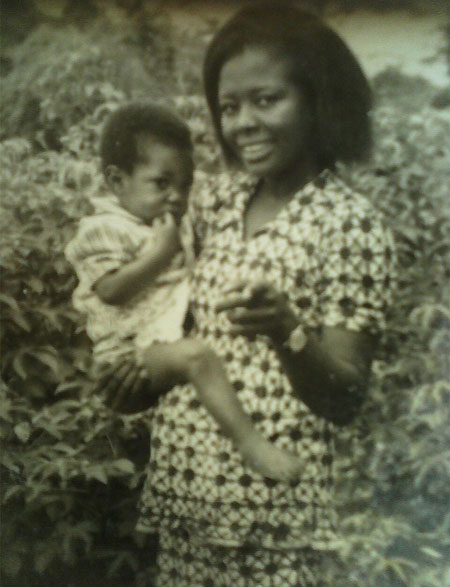
Some moments and events are so pivotal and crucial in one’s life and the lives of their communities alike. These occasions are the turning points or defining moments in their lives. Some people prefer to call it “watershed moments” or “touchstone experiences.”
One of the issues I am constantly addressing concerning HopE Ghana is: Why HopE Ghana? What is behind the HopE Ghana? I often interpret that to mean the underpinning and motivating factors that created this project.
Truth be told, it’s very difficult to pinpoint one particular moment or thing that makes that difference. To me, it’s a cluster of circumstances or moments, not just one. In a series of five parts, I will be looking at three factors or moments: my village and family, my experiences in Notre Dame Girls High School in Fiapre-Sunyani and finally my own perspective on the value of education in my life, in the lives of individuals and society in general.
For the purposes of privacy and confidentiality of individuals concerned, the names of the students have been altered. However, names of all other people in these write-ups are real, not fictitious.
Fr. Dominic’s Family and Village Moments
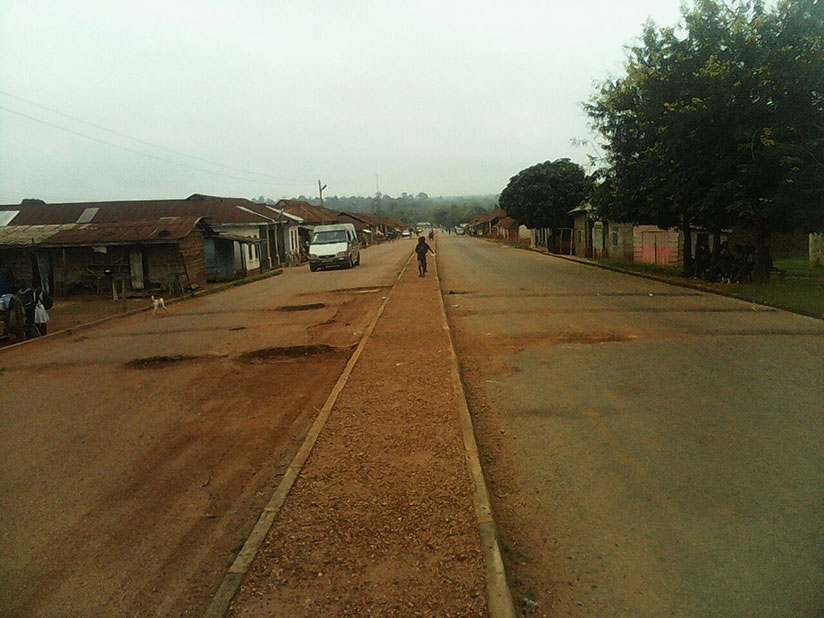
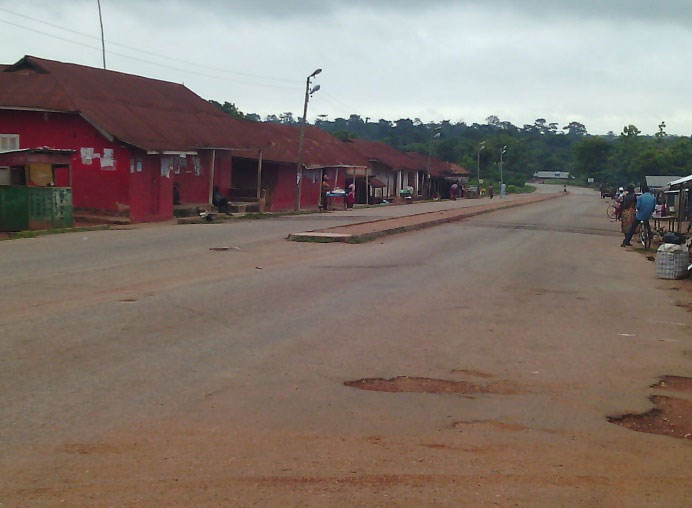
I come from a humble family background in Ghana. I have two brothers. My mother is a retired “Pupil Teacher” and my father is a subsistence farmer. In our nuclear or extended family, I am the first person to graduate from High School, which I did in 1995. I sometimes wonder where I would be had I not received the call to be a priest.
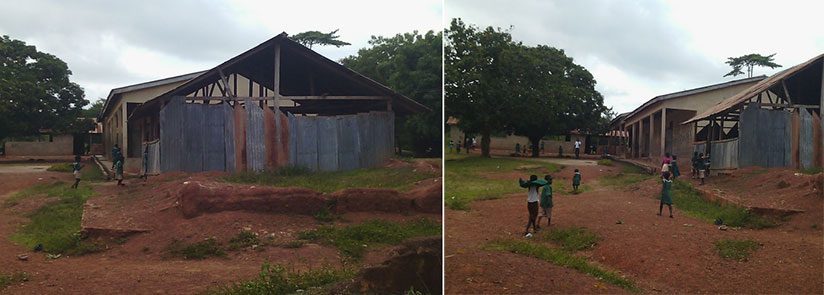
Responding to the call to the priestly vocation meant that I had a subsidized high school education and would go on to have a “tuition-free college” education as a major seminarian. It wasn’t easy for my family to meet the few provisions and “pocket money” I needed when I entered the seminary. Thanks to so many who supported me (and also some of my fellow seminarians), I was able to fulfill my dreams. We must always remember those who support us while we climb the ladder to our dreams. With the benefit of hindsight, I know that the support from individuals and the various priests who worked in my home parish of Kwasibuorkrom were quite instrumental in helping me. Special mention should be made of Nana Kwame Esuon IV (Mike Hayfron) of Elmina in Ghana, a former lecturer in the U.K. I owe so much to him in the final stages of my vocation.
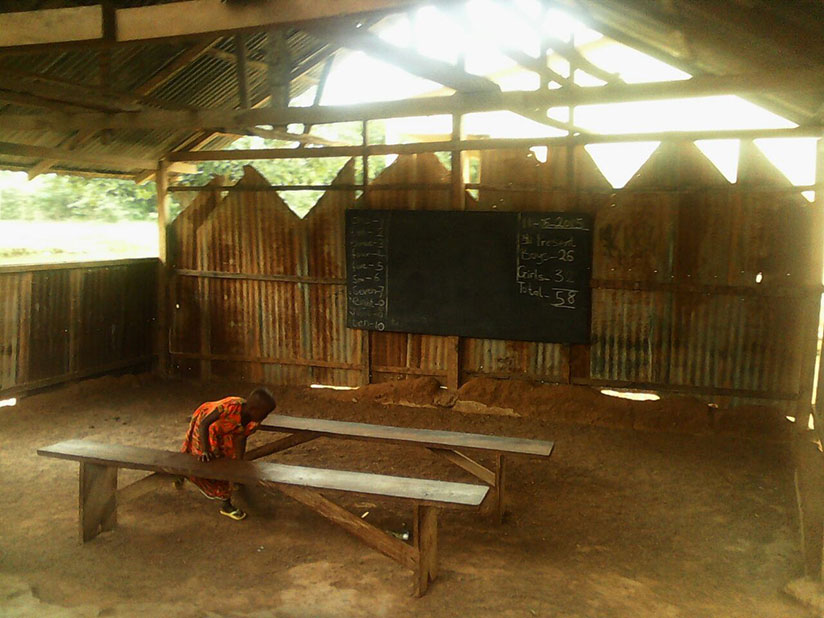
My brothers and I received a very special gift from our parents. Our mother in particular taught us to be the “heart to feel for others.” In spite of the difficulties I was going through, I still considered myself fortunate. At least I had a mother and father who understood the value of education. Compared to some of my colleagues in the village and high school, I was better off. My mother was the one who gave me all that the family had to live on to advance my education, ambitions and goals. I came to pity some of my friends who were constantly sent home and had to miss classes because they could not pay their boarding fees. The humiliation and emotional and mental stress they endured because of this took its toll on their confidence and belief in their abilities.
Most of my friends were from very poor homes or large/polygamous families or a combination of the two. In most cases, the girls were not considered important enough to be at the receiving end. In just a few years since then, it is heartwarming to know that education of girls is now becoming just as important as educating young men.
One thing that continues to be the bane of education for both boys and girls is poverty. These family backgrounds and social settings make it difficult for many to progress beyond Junior High school. At best, they might complete high school; even that, is done with great difficulty. Sometimes, when I think about the many clever minds from my area who were more brilliant than most of us and could not finish their education because of financial constraints, it fills me with great sadness. It’s hard not to cry when I visit my village and see my contemporaries who were academically on top of our class and how they are living right now. Surely God gave them these gifts to share with others.
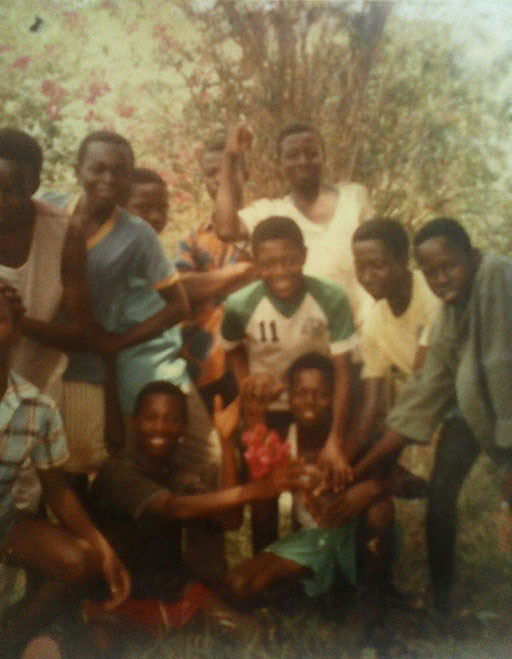
With a little support to finish their education, their lives would be better today. For the majority of them, subsistence farming with no ready market is their main occupation. With no viable financial base, their children stand to end up exactly where their parents did, and their situation will become an endless cycle. Efforts to eradicate poverty will fail in the long run unless they are tied to promoting education and acquiring skills as part of the process. If we think getting an education is difficult try living a lifetime in ignorance as the sages have proclaimed.
(To be continued…)